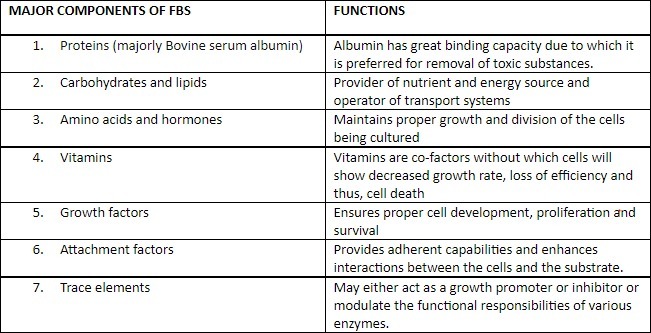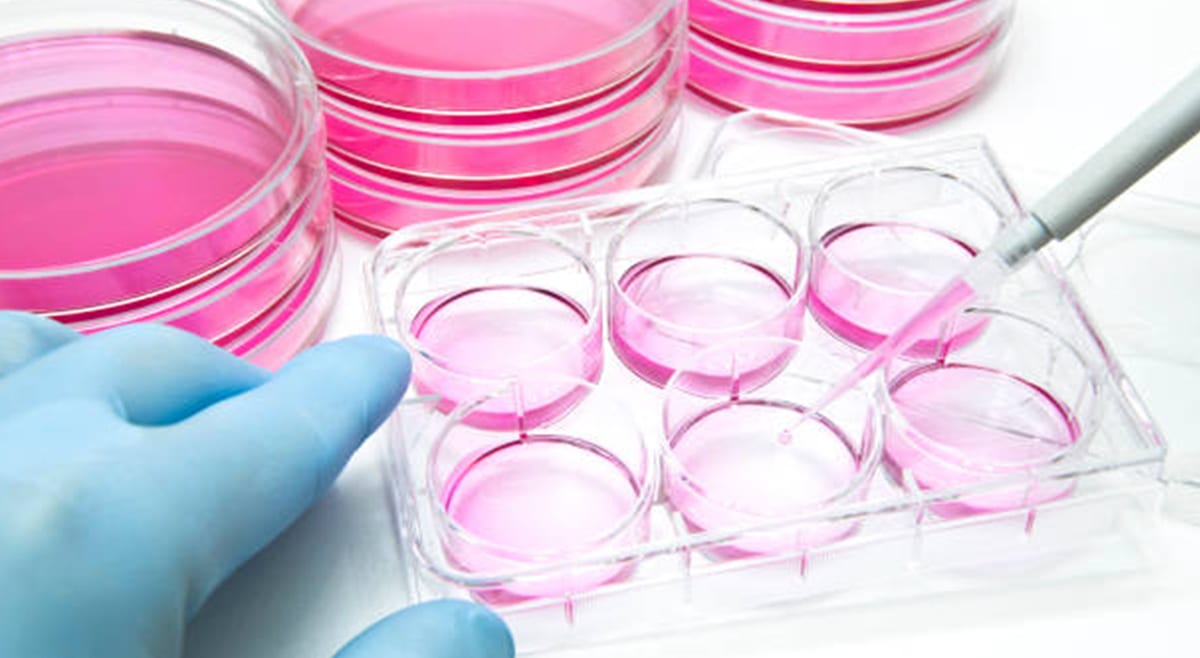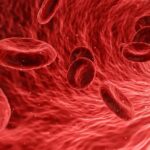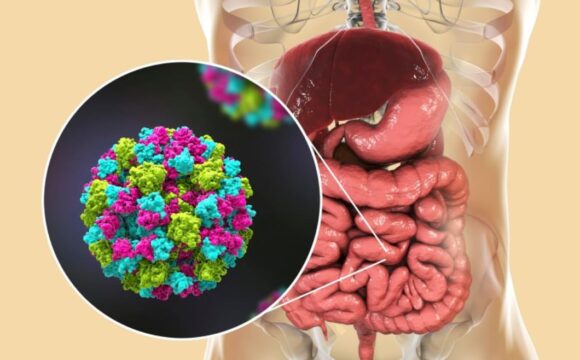Fetal Bovine Serum, abbreviated as FBS, is the serum that is extracted from the blood acquired from bovine fetuses. This particular serum supplement is one of the extensively used supplements in laboratory experiments incorporating cell cultures. FBS is vastly used as a growth promoter and possesses versatility as a result of its low antibody count. This serum also protects the cells under culture from large pH fluctuations, inactivates toxins and other interfering agents, and in turn, prevents intrusion by detrimental contaminants. FBS has unique and distinctive biological characteristics which make it extremely ideal for encouraging the growth of cells at an incredibly faster rate. Thus, contributing to the efficacy of the product yield.
What demanded alternatives for FBS?
Fetal Bovine Serum incorporates various energy sources, proteins such as Bovine Serum Albumin (BSA), lipids, carbohydrates, electrolytes, cell attachment factors, maintenance factors, vitamins and thousands of other constituents which play major roles in supporting the growth of the cells during the cell culture practices.

The composition and its concentration of FBS, however, are undefined and can fluctuate with each lot prepared. As the result of variable compositions, there happen to be alterations in the quality of each lot. Also, over the years the demands for Fetal Bovine Serum have amplified to a critical level and as a consequence, its price.
One of the main factors which led to great criticism of the use of FBS is because it is a byproduct of the meat industry and the blood is extracted from the bovine fetuses of slaughtering pregnant cattle. Thus, considering all these challenging factors and ethical concerns with regards to using FBS for cell culture practices, there have been approaches to dig ways to reduce or replace the same by finding alternatives. A lot of such approaches had also been employed but turns out each of them had its own demerits and could not be implemented like FBS initially.
It was found that there are serum-free media that are chemically defined and could be ideal for cell culture of approximately 260 unique types of cells but no alternative that could contribute to the culture of cells of all existing cell types. However, mentioned below are a few alternates that possess the potential of functioning like FBS.
Sericin protein – Sericin protein has developed popularity due to its incredible cell culture characteristics. This sericin protein is a byproduct of the silk industry. Sericin protein has a capacity to induce mitosis (mitogenic capacity) with regards to which, it can function to enhance cell attachment and growth in human skin fibroblast and mouse fibroblast respectively. Sericin incorporates amino acids namely, cysteine and methionine, which augments cell proliferation and the production of collagen.
Bovine Ocular Fluid – Bovine Ocular Fluid is suggested to be feasible for use as a replacement for Fetal Bovine Serum. It is a byproduct of the meat industry and is typically extracted for the bovine’s eyes. When contrasted with FBS, it was observed that cells such as Human Bone Marrow Fibroblasts, and VERO cells have a considerably better growth rate. Bovine Ocular Fluids have a few similar components in it as FBS, like hypoxanthine, growth factors (insulin-like growth factors and endothelial growth factors), etc, all of which contribute to the growth, attachment and proliferation of the cells in culture.
Human Platelet Lysate (HPL) – HPL manufacturing is cost-effective, easily accessible and a brilliant alternative source for FBS. Blood platelets have mitogenic capacity and are an incredible source of growth factors such as fibroblast growth factors, growth factors derived from platelets and many more. To give an example, Human adipose tissue-derived stem cells are more efficiently cultured in HPL than in FBS. During a blood clot, the platelets are activated and as a result they tend to release these growth factors. HPL thus, ensures adequate growth, attachment and proliferation of cells being cultured.
Earthworm Heat Inactivated Coelomic Fluid (HI-CF) – Earthworm’s body consists of a fluid named coelomic fluid which enables the proper distribution of nutrients. CF is quite similar to serum with regards to the presence of plasma and a liquid matrix. Also, the great mitogenic capacity of the CF as well as the presence of various metabolites, riboflavin in the CF promotes growth and proliferation making it an efficient alternate source for cell culture. Although this HI-CF lacks fibronectin which is essential for the attachment of cells.
Concluding perspective
There have been great advancements in the field of science and technology and researchers have taken initiatives to pave out ways to avoid the use of Fetal Bovine Serum in cell culture procedures due to its ethical and disadvantageous concerns. However, a universal medium for the culture of all cell types has not yet been found. Instead, some specific supplements have been implemented for culture-specific cell types, in recent years, to minimize the use of FBS. Using much more advanced animals as an alternate source would raise ethical concerns and continuously using FBS is also not a satisfactory option. As a result, only biological and animal fluids typically from invertebrates can be put forth as eligible alternates for FBS.
References:
- “Fetal Bovine Serum – Wikipedia.” Fetal Bovine Serum – Wikipedia, en.wikipedia.org, 1 Nov. 2021, https://en.wikipedia.org/wiki/Fetal_bovine_serum#cite_ref-1.
- “What Does Fetal Bovine Serum Do? | Thermo Fisher Scientific – US.” What Does Fetal Bovine Serum Do? | Thermo Fisher Scientific – US, www.thermofisher.com, https://www.thermofisher.com/in/en/home/references/gibco-cell-culture-basics/cell-culture-environment/culture-media/fbs-basics/what-does-fetal-bovine-serum-do.html. Accessed 16 Apr. 2022.
- “Alternative to FBS in Animal Cell Culture – An Overview and Future Perspective.” Alternative to FBS in Animal Cell Culture – An Overview and Future Perspective – ScienceDirect, www.sciencedirect.com, 28 July 2021, https://www.sciencedirect.com/science/article/pii/S2405844021017898.










